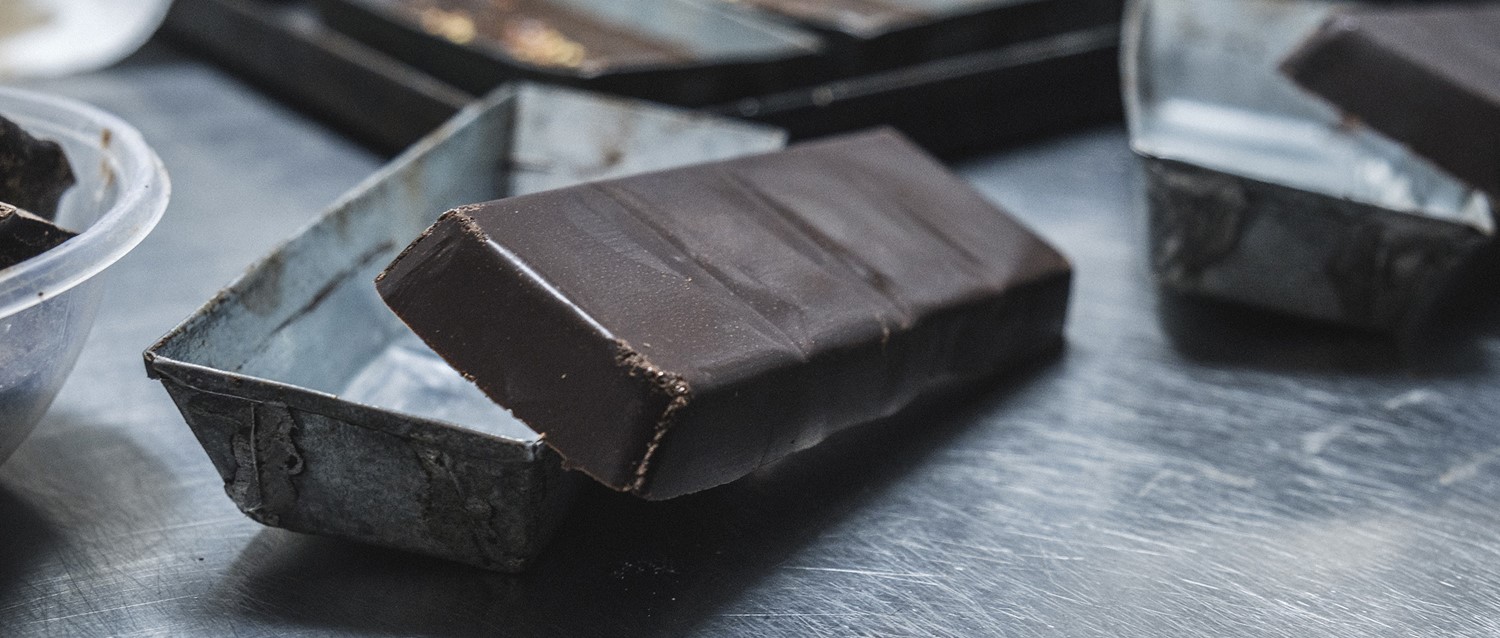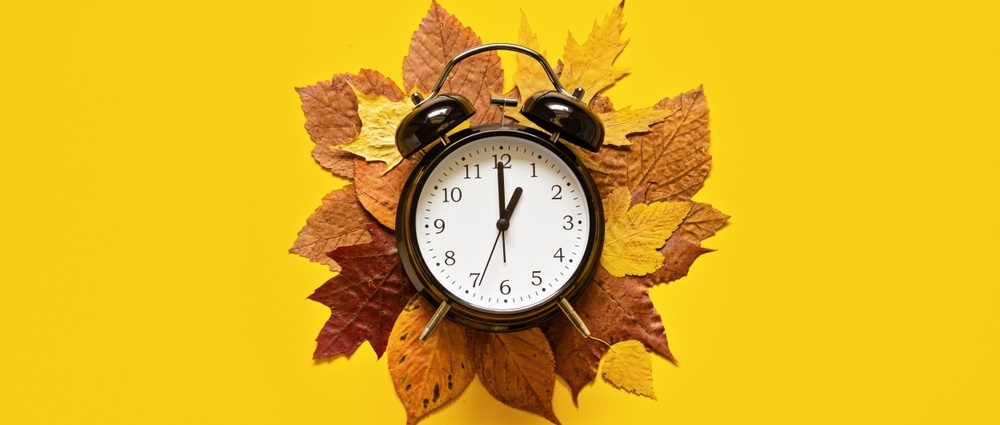
Eating dark chocolate may reduce odds of depression
Peer reviewed by Natalie HealeyLast updated by Ashwin BhandariLast updated 6 Aug 2019
Meets Patient’s editorial guidelines
- DownloadDownload
- Share
- Language
- Discussion
Research suggests eating dark chocolate could improve symptoms of depression.
The positive qualities of dark chocolate, such as potentially increasing the release of serotonin and endorphins, have been well established. Other studies have suggested it boosts good gut bacteria, as well as increasing blood flow to the brain. Now for the first time, a study has looked at its impact on depressive symptoms, compared to other types of chocolate.
Researchers at University College London (UCL) and the University Of Calgary, Canada, looked at 140,000 adults from the US National Health and Nutrition Examination Survey. Participants' chocolate eating habits were assessed against their scores on the Patient Health Questionnaire, which analyses depressive symptoms.
The cross-sectional study, published in Depression and Anxiety, took factors such as weight, height, ethnicity, smoking, household income, marital status, education, and physical and chronic health problems into account whilst assessing the people involved.
The researchers found no link between milk chocolate consumption and depressive symptoms. However, eating dark chocolate was linked to a 70% lower chance of experiencing depression than those who didn't eat chocolate at all. The 25% who consumed all kinds of chocolate were also less likely to experience depression than those who ate none at all.
"This study provides some evidence that consumption of chocolate, particularly dark chocolate, may be associated with reduced odds of clinically relevant depressive symptoms." The lead author from UCL, Dr Sarah Jackson, said.
“However further research is required to clarify the direction of causation - it could be the case that depression causes people to lose their interest in eating chocolate, or there could be other factors that make people both less likely to eat dark chocolate and to be depressed."
Dark chocolate has also been associated with a reduced risk of heart disease and lower levels of 'bad' cholesterol. However, due to its high sugar content, it should be consumed in moderation, as part of a balanced diet.
Patient picks for Depression

Mental health
Quiz: Am I depressed?
If you’re worried you might have depression, it’s important to seek appropriate help. This quiz will help you to establish whether you’re having some of the symptoms of a mental health condition.
by Lawrence Higgins

Mental health
Daylight Savings Time: Why the clocks changing can affect our health
The days are getting colder and shorter, which means autumn has arrived in the UK. Soon, the clocks will jump back by an hour to mark the end of Daylight Savings Time or British Summer Time. Although this will give us an extra hour in bed, the clocks changing could have an impact on our health.
by Lynn Stephen
Article history
The information on this page is peer reviewed by qualified clinicians.
6 Aug 2019 | Latest version

Ask, share, connect.
Browse discussions, ask questions, and share experiences across hundreds of health topics.

Feeling unwell?
Assess your symptoms online for free
Sign up to the Patient newsletter
Your weekly dose of clear, trustworthy health advice - written to help you feel informed, confident and in control.
By subscribing you accept our Privacy Policy. You can unsubscribe at any time. We never sell your data.